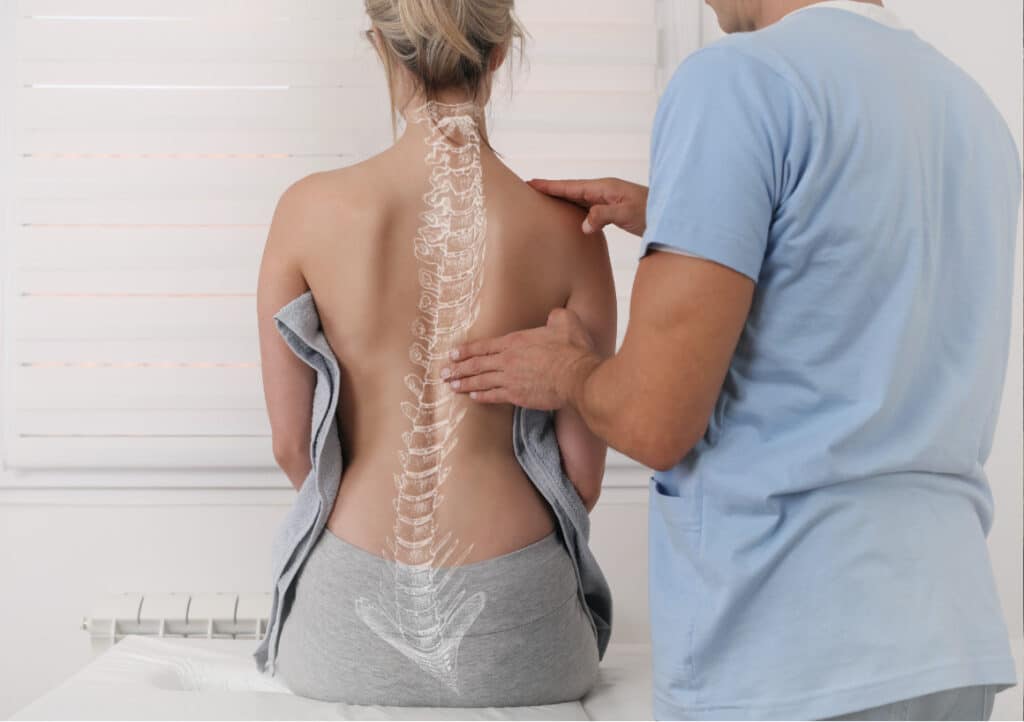Non-Surgical Approaches to Treating Scoliosis in Chicago
Scoliosis is a condition characterized by an abnormal curvature of the spine, which can affect people of all ages. While severe cases may require surgery, many individuals can manage their scoliosis effectively through non-surgical approaches. In this comprehensive guide, we will delve into the various non-surgical treatments and lifestyle adjustments that can help individuals with scoliosis lead healthy, fulfilling lives.
Understanding Scoliosis
Before exploring non-surgical treatments, it’s essential to understand the basics of scoliosis. Scoliosis typically develops during adolescence, although it can also appear in adulthood. The condition can be categorized into three main types:
- Idiopathic Scoliosis: This is the most common type, and its cause remains unknown. It often develops during adolescence and can progress as a person grows.
- Congenital Scoliosis: This form of scoliosis is present at birth and is usually caused by irregularities in spinal development during fetal growth.
- Degenerative Scoliosis: This type typically occurs in older adults due to the degeneration of the spine’s discs and joints.
The severity of scoliosis can vary widely, and not everyone with scoliosis requires treatment. Monitoring by a healthcare provider is crucial to assess progression accurately.
Non-Surgical Treatment Options
Non-surgical approaches to scoliosis treatment aim to manage symptoms, improve spinal alignment, and enhance overall quality of life. Here are some effective non-surgical treatment options:
1. Physical Therapy
Physical therapy plays a pivotal role in scoliosis management. Specially trained physical therapists can design tailored exercise programs to strengthen core muscles and improve posture. These exercises can help slow down the progression of the curve and alleviate associated pain.
2. Orthotic Devices
Orthotic devices like braces are commonly used in treating scoliosis, especially in adolescents with moderate spinal curvature. Bracing can help halt the progression of the curve by applying pressure to the spine. Compliance with wearing the brace is crucial for its effectiveness.
3. Chiropractic Care
Chiropractic adjustments may provide relief from scoliosis-related pain. While chiropractic care cannot reverse the curve, it can help manage pain and improve spinal function.
4. Pain Management
Over-the-counter pain medications, prescribed by a healthcare provider, can help manage discomfort associated with scoliosis. These medications can be especially beneficial for individuals with degenerative scoliosis.
5. Yoga and Pilates
Yoga and Pilates focus on flexibility, strength, and posture, which can be beneficial for individuals with scoliosis. These practices can help improve spinal alignment and reduce pain.
Lifestyle and Home Remedies
In addition to professional treatments, individuals with scoliosis can incorporate lifestyle adjustments and home remedies into their daily routines to manage their condition effectively:
1. Maintaining a Healthy Weight
Excess body weight can exacerbate scoliosis symptoms. Maintaining a healthy weight through diet and exercise can help reduce strain on the spine.
2. Good Posture Habits
Practicing good posture is essential for managing scoliosis. Individuals should be mindful of their posture during daily activities like sitting, standing, and walking.
3. Regular Exercise
Engaging in regular physical activity can help improve overall fitness and reduce scoliosis-related discomfort. Low-impact exercises like swimming and walking are excellent choices.
4. Ergonomic Modifications
Making ergonomic modifications in your home and workspace can alleviate discomfort. Ensure that chairs, desks, and other furniture support good posture.
In conclusion, non-surgical approaches to treating scoliosis can be highly effective in managing symptoms, improving spinal alignment, and enhancing the quality of life for individuals with this condition. It’s crucial to work closely with a healthcare provider to develop a personalized treatment plan tailored to your specific needs. By incorporating a combination of therapies, exercises, and lifestyle adjustments, you can effectively manage scoliosis and lead a healthy, active life.
If you have questions or would like to meet with one of our doctors, please contact our chiropractors in Chicago to get the appropriate treatment for you. Call or contact us today to schedule an appointment.
